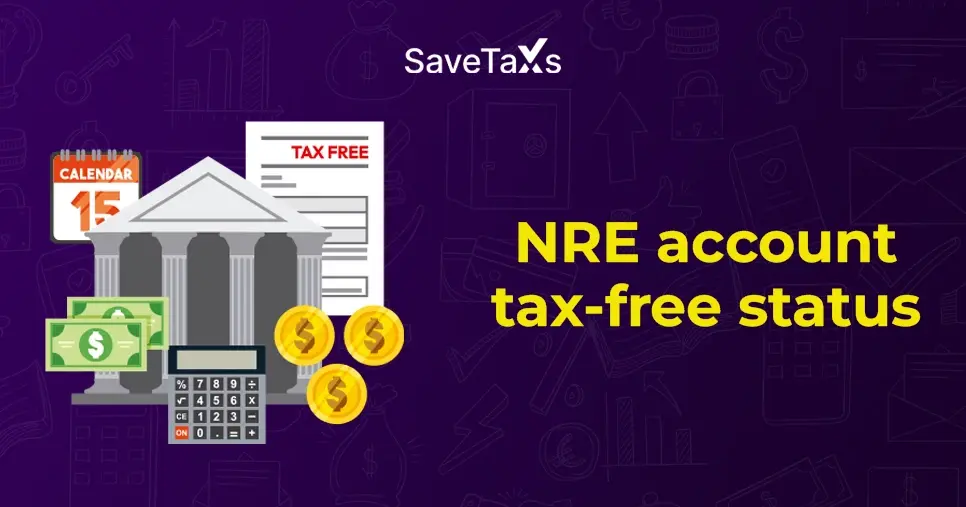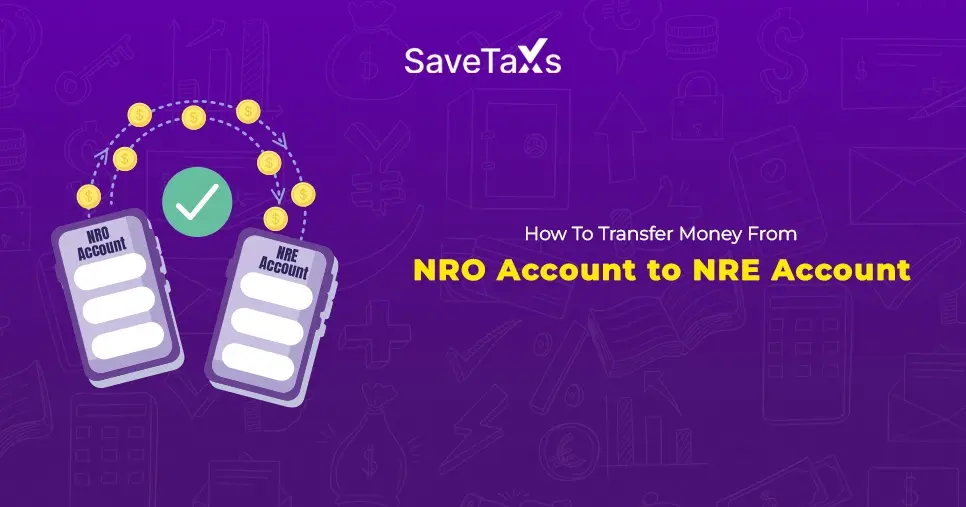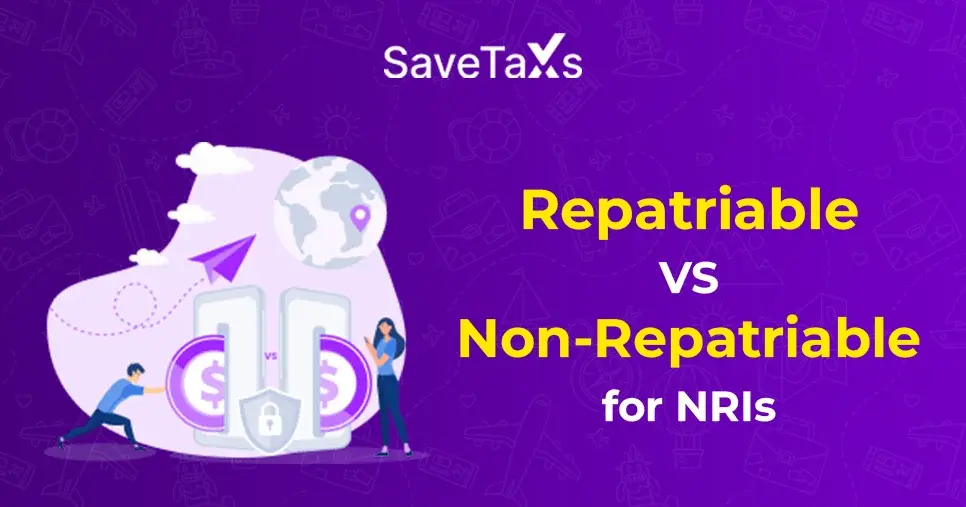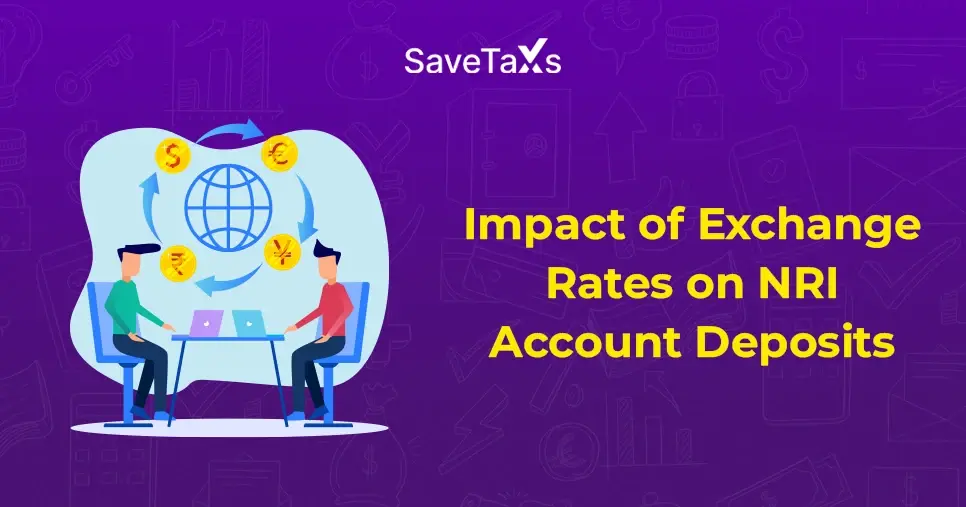The DTAA, or Double Taxation Avoidance Agreement, is a tax treaty signed between two countries that helps taxpayers avoid paying double taxes on the same income while providing specific benefits under the DTAA. An NRI, PIO, or OCI can relate to the situation when they are mindfully planning their stay in India so that the income does not become taxable in both countries.
Now, the residential status is not always within our control, and due to unforeseen circumstances, the timeline of status can change, which means the income from a single source may fall under the taxable category for both countries. In such cases, DTAA ensures that you either do not pay tax twice or receive a tax credit for taxes already paid abroad.
An Understanding of DTAA
This might sound overwhelming. Let us understand it with an easy example:
Mr. A is an NRI living in the US and has earned interest income from bank deposits made in India. Now, if he had not claimed DTAA benefits, then Mr. A might be subjected to a higher tax rate of 30% on this income. However, since a Double Taxation Avoidance Agreement (DTAA) tax treaty was signed between India and the US, under the India-US DTAA, Mr. A can claim a reduced tax rate of 15% on interest income (as specified in the treaty).
Now, such a substantial tax difference means better tax savings. In brief, under the DTAA treaty, NRIs can either be exempt from paying tax twice on the same income or, if they have already paid tax abroad, they can claim a foreign tax credit paid in one country against their tax liability in another.
Benefits of DTAA
The Double Taxation Avoidance Agreement is a boon for NRIs, offering significant benefits that provide substantial relief.
Exemption on Income
If you are an NRI earning income in your country of residence, it will be tax-exempt in India depending on the applicable tax treaty and only when the same income is otherwise taxable in both countries. However, these are types of income that may qualify for exemption under DTAA:
- Interest: Interest income earned in your resident country may be exempt or taxed at a lower rate in India as per the treaty. Note: Interest earned on an NRE account is already exempt under Indian tax laws (Section 10(4)(ii)), not specifically under DTAA.
- Salary: If you're an NRI earning a salary for services rendered in your foreign resident country, that income is generally taxable only in the country where employment is exercised and is not taxed again in India. DTAA helps ensure this treatment.
- Dividend: If you have earned dividend income abroad, this may be exempt or eligible for credit in India depending on the treaty.
- Pension: Depending on the provisions of the DTAA, pension earned abroad can also be exempt from taxes in India or available for credit.
Claiming a Tax Credit for Taxes Paid Abroad
Under the DTAA provisions, if you have paid taxes in your country of residence, then you are eligible to claim a tax credit in India. The tax credit is available only for income that is taxable in both countries and cannot exceed the Indian tax liability on the same income.
Let us understand this with an example: Mr. B is an NRI, and he pays 50,000 INR in taxes abroad on an income source. According to Indian law, taxes on income amount to 60,000 INR. Then, he can claim a credit of 50,000 INR and only pay the remaining 10,000 INR in India.
Steps to Claim DTAA Benefits for NRIs
As an NRI, if you want to claim DTAA benefits, stick to the steps mentioned below.
Get a Tax Residency Certificate (TRC)
A Tax Residency Certificate (TRC) is an important document to claim DTAA benefits. This certificate is issued by the tax authorities of the NRI's country of residence. For example, if Mr. C is an NRI residing in the US, then he can get his tax residency certificate from the United States Internal Revenue Service (IRS).
The TRC should include:
- Name of the taxpayer
- Status (a person or a company)
- Nationality of the Person
- Territory or country of residence
- Taxpayer's tax identification number
- Period for which the TRC is applicable
- Address of the taxpayer
Electronically file the Form 10F
Suppose the TRC does not have all the essential details, such as the tax identification number, nationality, and other relevant information. In that case, this information will be filed electronically through Form 10F on the income tax portal. You can register on the e-portal even if you do not have a Permanent Account Number (PAN) and make the necessary filing by selecting the option "NRI not holding and not required to have PAN."
Without providing the necessary documents, you cannot claim DTAA benefits, and your request might be denied.
Get The Documents Right
Obtain your TRC and file Form 10F, as proper documentation is a non-negotiable requirement for claiming all DTAA benefits. Now, submit these documents before you file your tax return to the Indian tax authorities.
Without providing the necessary documents, you cannot claim DTAA benefits, and your request might be denied.
What is a Foreign Tax Credit
A Foreign Tax Credit (FTC) allows you to adjust the taxes you paid in a foreign country against your tax liability in India, provided the same income is taxable in India. NRIs, OCIs, and PIOs who qualify as Indian residents for a particular financial year can claim credit for the taxes they have paid in the foreign country. To do so, simply file Form 67 with the Income Tax Department of India before filing your ITR. You must also present proof of taxes paid in the foreign country to the income tax department.
Savetaxs Will Help You Claim the DTAA Benefits.
As an NRI, if you claim DTAA benefits, you can save big on tax rates and can even avoid overpaying them. All you need to do is obtain the correct documents for the DTAA. Submit TRC, file 10F, and Form 67 on time, and reap the benefits of tax relief under the Double Taxation Avoidance Agreement.
As an NRI or PIO, if you find yourself in a situation where you have paid extra taxes and want to claim credit on it, Savetaxs will help you get that for you.
Our team of experts brings over 30 years of experience and will assist you in claiming your DTAA. We work around the clock across all time zones, so whether you reside in any country, you can contact us, and we will provide you with all the benefits you deserve.

Mr Varun is a tax expert with over 13 years of experience in US taxation, accounting, bookkeeping, and payroll. Mr Gupta has not prepared and reviewed over 5000 individual and corporate tax returns for CPA firms and businesses.
Want to read more? Explore Blogs
Frequently Asked Questions
No matter what your source of income is, we've got you covered. There’s a plan for everybody!
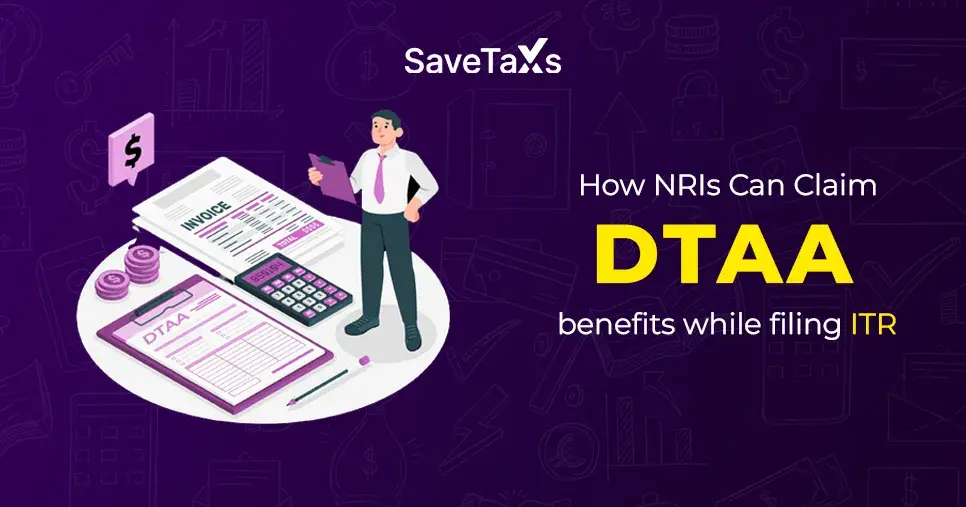
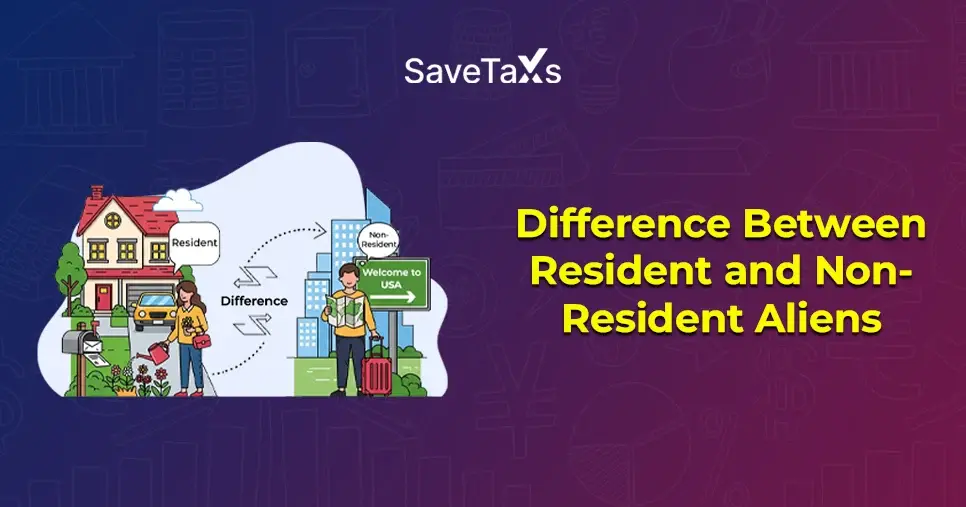
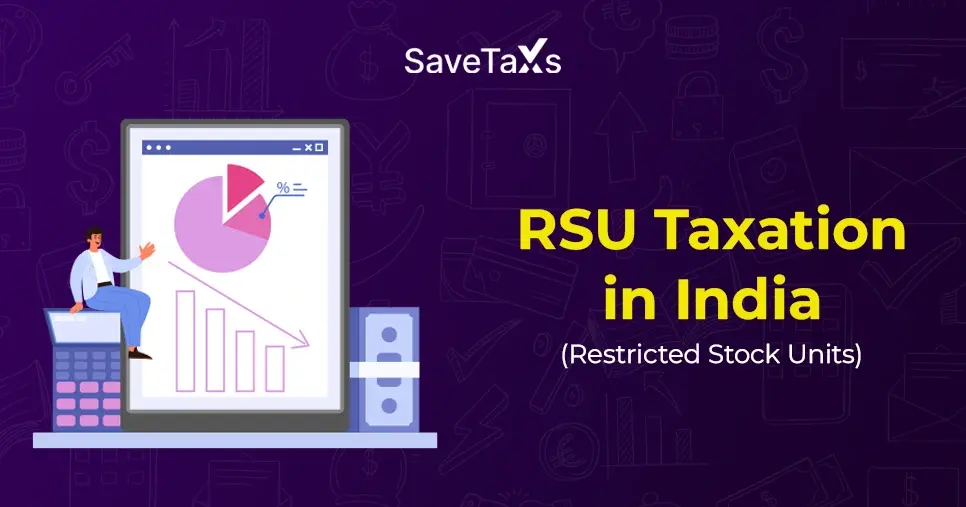
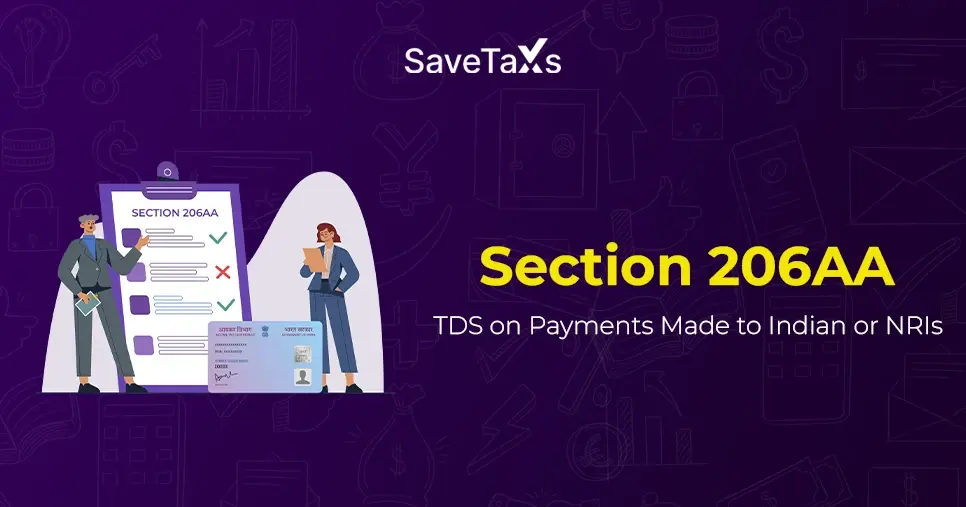
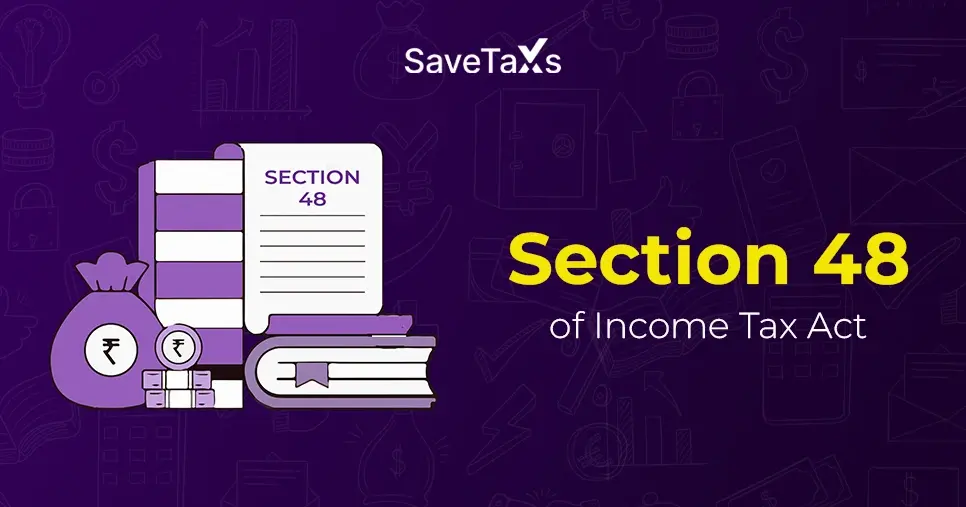
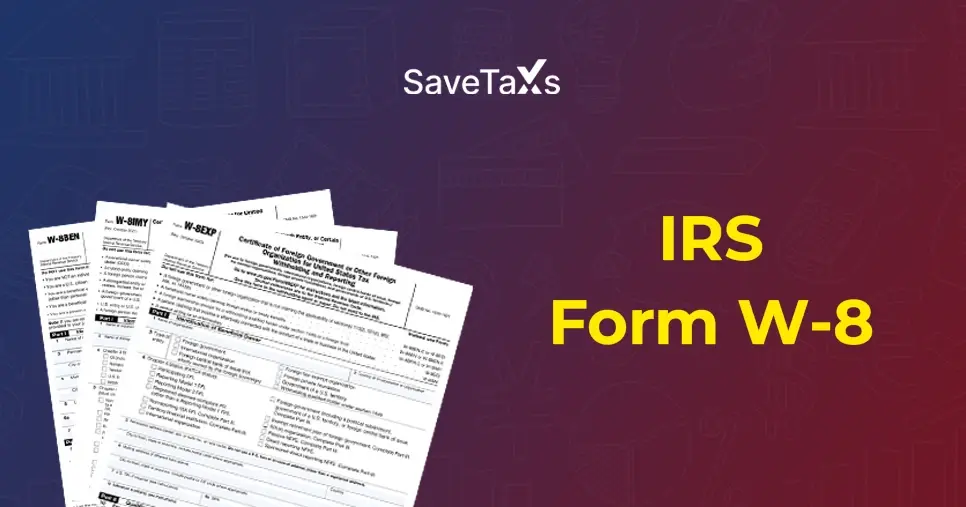

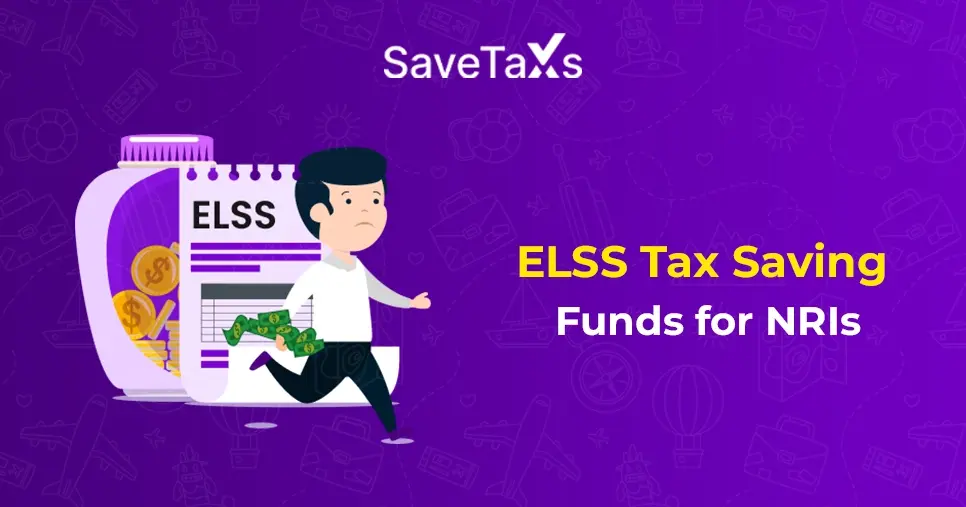
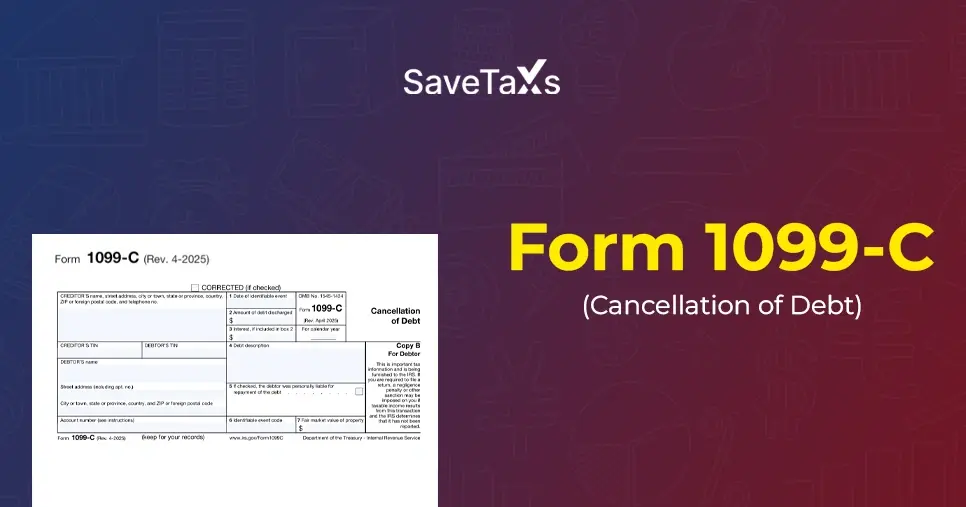
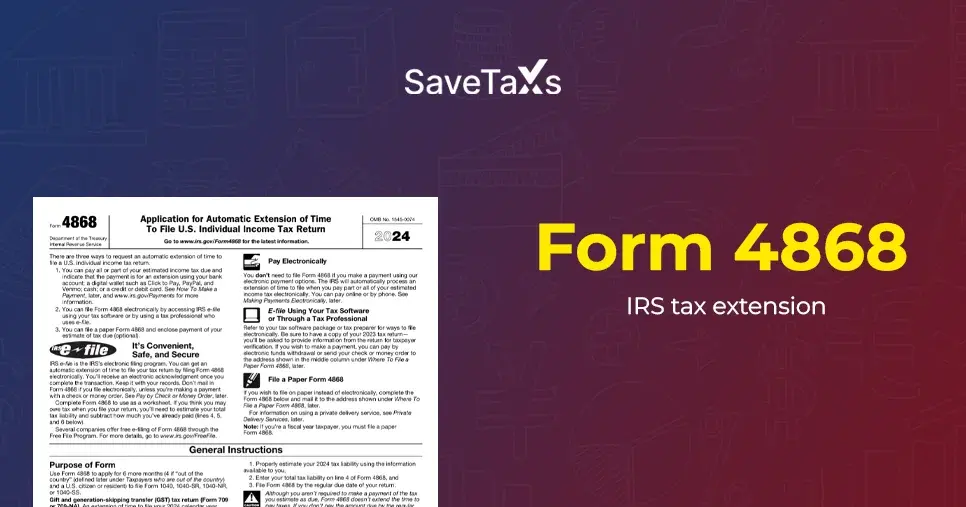
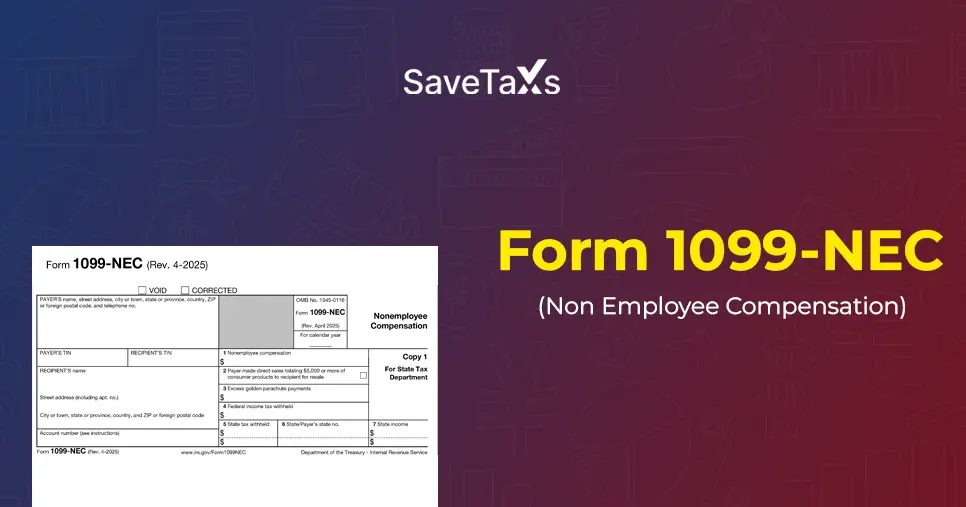
_1764137986.webp)
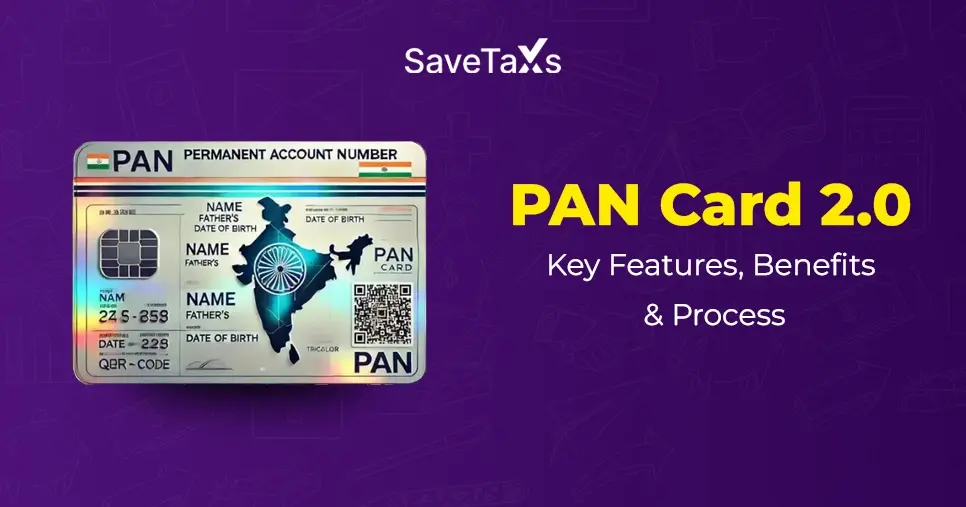

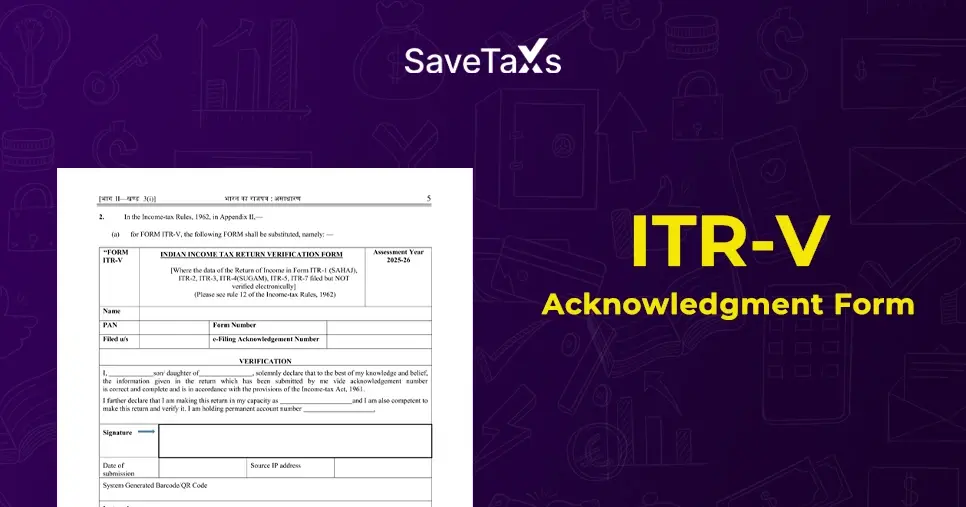
_1766492717.png)

